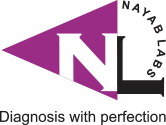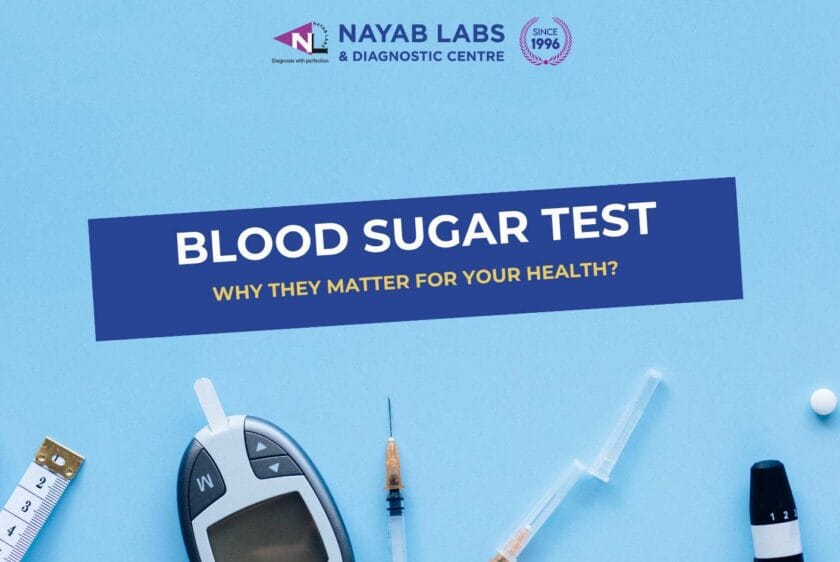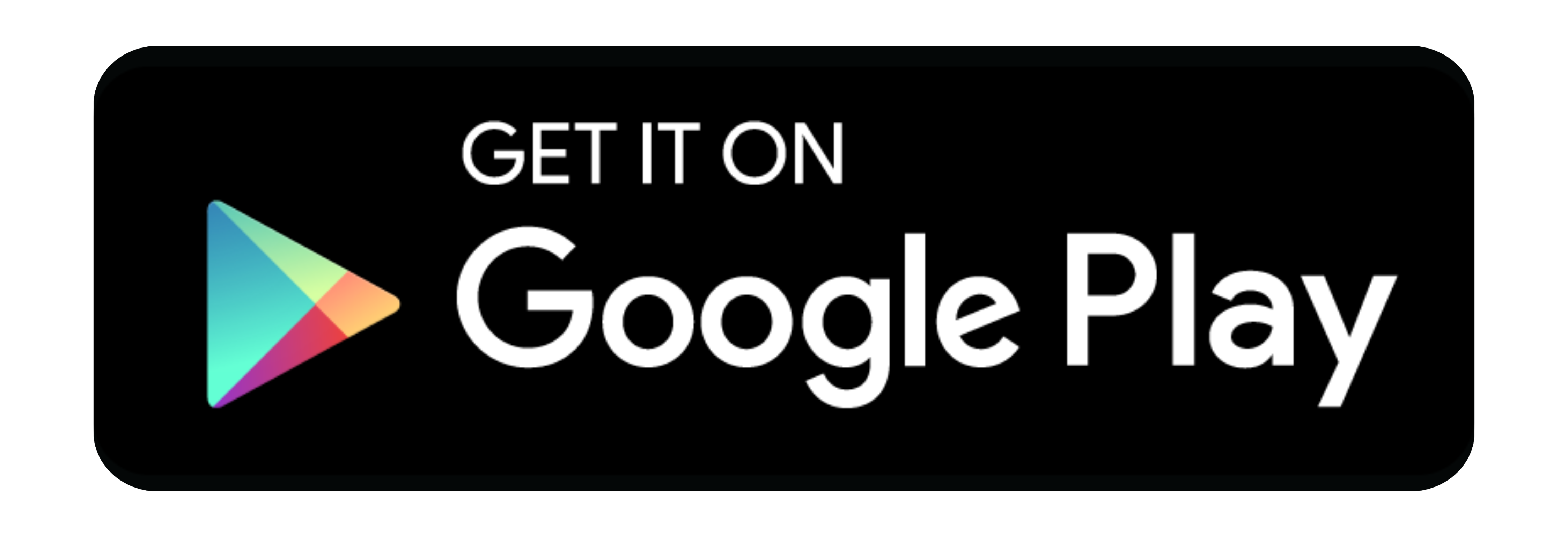Monitoring your blood sugar levels is crucial for maintaining overall health and detecting potential issues like diabetes. Blood sugar tests are among the most commonly recommended diagnostic tools, providing valuable insights into how your body manages glucose. Let’s explore what these tests are, why they’re important, and what the results mean.
What Are Blood Sugar Tests?
Blood sugar (or glucose) tests measure the amount of glucose in your blood. Glucose is your body’s primary source of energy, derived from the foods you eat. Maintaining the right balance of glucose is essential for your body to function effectively.
Types of Blood Sugar Tests
- Fasting Blood Sugar (FBS):
Measures glucose levels after an overnight fast (at least 8 hours). This test is often used to screen for diabetes or prediabetes. - Random Blood Sugar (RBS):
Measures glucose levels at any time of the day, regardless of when you last ate. It’s helpful for a quick check but may require follow-up tests for accuracy. - Oral Glucose Tolerance Test (OGTT):
Measures blood sugar before and after drinking a sugary solution. It evaluates how well your body processes glucose, often used during pregnancy to screen for gestational diabetes. - HbA1c Test (Glycated Hemoglobin):
Reflects average blood sugar levels over the past 2–3 months, making it ideal for diagnosing and monitoring diabetes. - Postprandial Blood Sugar Test (PPBS):
Measures blood sugar levels 2 hours after a meal to see how your body manages sugar intake.
Why Are Blood Sugar Tests Important?
Blood sugar tests can:
- Detect Diabetes: Identify diabetes in its early stages, enabling timely intervention.
- Monitor Existing Conditions: Help patients with diabetes manage their condition effectively.
- Assess Risk: Determine if you are at risk for prediabetes or insulin resistance.
- Evaluate Symptoms: Investigate unexplained symptoms such as fatigue, frequent urination, or excessive thirst.
Normal Ranges for Blood Sugar Levels
| Test Type | Normal Range |
|---|---|
| Fasting Blood Sugar (FBS) | 70–100 mg/dL |
| Random Blood Sugar (RBS) | Less than 140 mg/dL |
| HbA1c | Less than 5.7% |
| Postprandial Blood Sugar | Less than 140 mg/dL |
Note: Values may vary slightly depending on the lab. Always consult your doctor for interpretation.
Who Should Get Tested?
- Individuals with a family history of diabetes
- People experiencing symptoms like fatigue, excessive thirst, or frequent urination
- Pregnant women (to screen for gestational diabetes)
- People who don’t get much physical activity.
- Anyone aged 45 and above
Preparing for a Blood Sugar Test
- Fasting Tests: Avoid eating or drinking (except water) for 8–12 hours before the test.
- Random Tests: No specific preparation is required.
- Consult Your Doctor: Inform them about medications, as some can affect results.
Where to Get Tested?
At Nayab Labs & Diagnostic Centre, we offer comprehensive blood sugar testing services, including FBS, RBS, HbA1c, and more. Our advanced technology and experienced professionals ensure accurate and timely results.
Call 051-111-770-770 to book your test.
Conclusion
Regular blood sugar testing is a cornerstone of preventive healthcare. Whether you’re managing diabetes, assessing your health risk, or addressing symptoms, these tests provide critical insights to guide your care. Stay proactive about your health—schedule your blood sugar test today!









